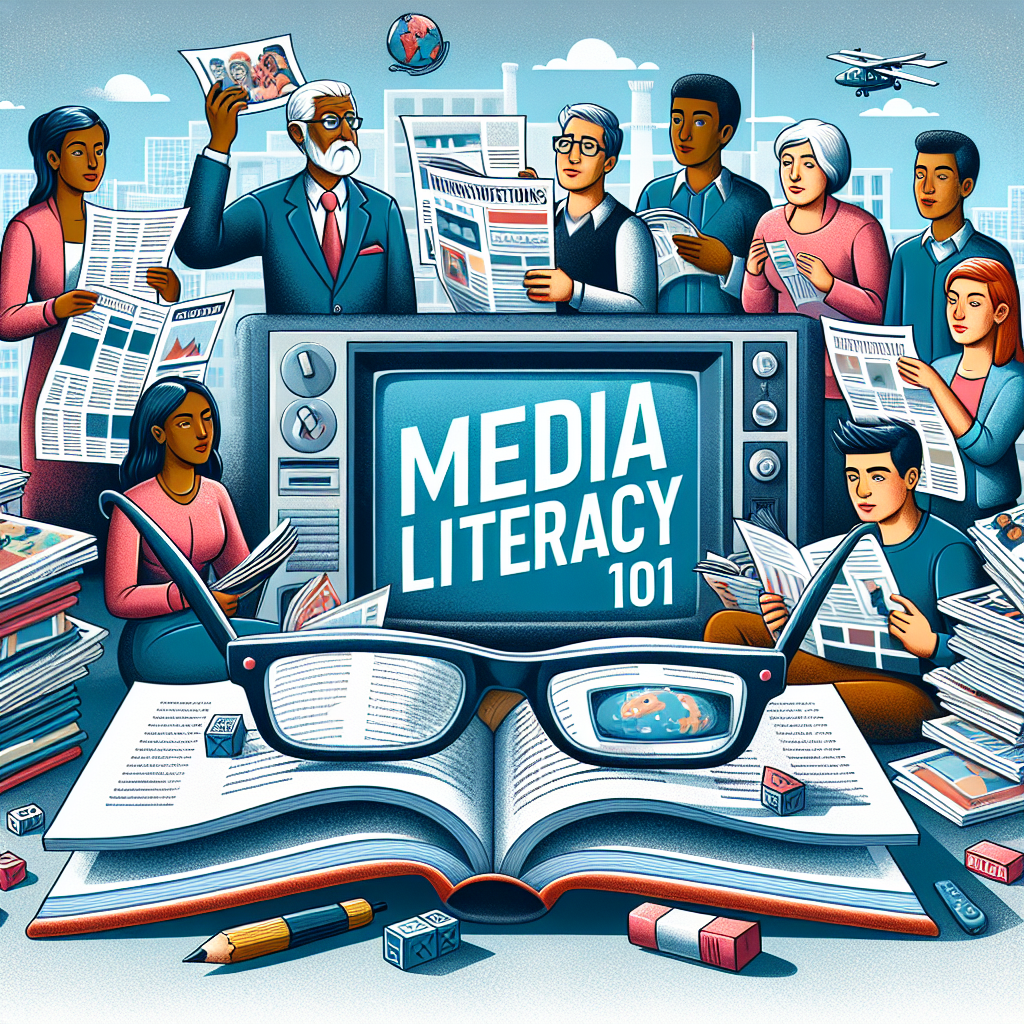Empowering Generation Anxious: A Call for Media Literacy in the Digital Age
As social media use surges globally, concerns about its impact on youth mental health have sparked policy discussions. While restrictions are debated, experts argue that teaching media literacy is crucial. By understanding how media works, young people can navigate and benefit from the digital age.

- Country:
- New Zealand
The exponential rise of social media usage worldwide has prompted urgent policy responses both internationally and in New Zealand, reports Auckland University of Technology. An estimated five billion people use social media globally, growing at an annual rate of over 5%. However, this rapid adoption has escalated concerns about issues like smartphone addiction and cyberbullying, particularly affecting young people.
According to American social psychologist Jonathan Haidt, today's youth are the 'anxious generation,' leading politicians and policymakers to take action. For instance, US Surgeon General Vivek Murthy has urged Congress to place warning labels on social media akin to those on cigarettes. Similar restrictions are being considered in countries such as Australia, Canada, the UK, and China.
While research on restrictive measures remains inconclusive, experts highlight the importance of teaching media literacy. The US National Association for Media Literacy Education (NAMLE) asserts that media literacy skills can help young people transition from passive consumers to critical thinkers, enabling them to navigate the complexities and benefits of social media.
(This story has not been edited by Devdiscourse staff and is auto-generated from a syndicated feed.)
ALSO READ
Green Tech: The Crucial Role of ICT and Financial Development in Environmental Health
Jitendra Kumar talks about mental health, Jeetu Bhaiya's return in Kota Factory 3
Oliver Platt Talks 'The Bear', 'Chicago Med' Double Duty, And Love For Mental Health
Breaking the Silence: Men's Mental Health in Modern Times
Adolescents in Middle-Income Countries Shun Professional Mental Health Help










